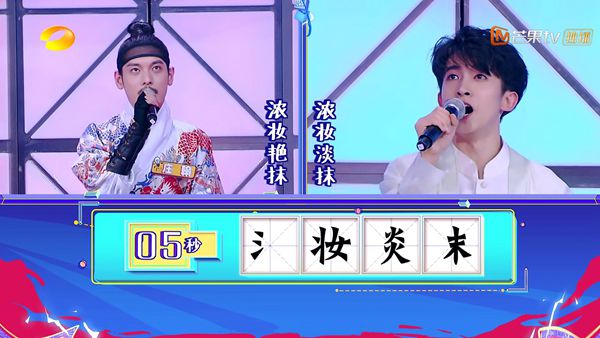You're only as good as your word


"How to combine entertainment with knowledge was a tough issue, because we want to offer a fun learning experience for viewers," says Bai.
The show is a learning process for all, including the production team members, Bai confesses.
"We rarely write Chinese characters with pens any longer, except when signing autographs, let alone knowing the background of pictographic characters," Bai says.
"Sometimes we just forget how to write a word independently, because we rely so much on computers."
Bai's sentiment is echoed by Wang Nan, a frequent guest of the show, who is a senior editor of the Xinhua Dictionary.
With 600 million copies sold, and 11 editions, the Xinhua Dictionary has been a best-seller, and used to be the Chinese people's academic work to constantly refer to if they wanted to learn new words or when they didn't know how to write a Chinese character.
Wang works with the Institute of Linguistics under the Chinese Academy of Social Sciences, which compiles the dictionary.
She's one of the language experts and teachers invited on to the show to explain the characters' meanings and origins.
"People today tend to type words rather than write them, ignoring the meaning behind each character and its origins," says Wang, who obtained her master's degree from Shaanxi Normal University in 1995 with a major in lexicography.





































